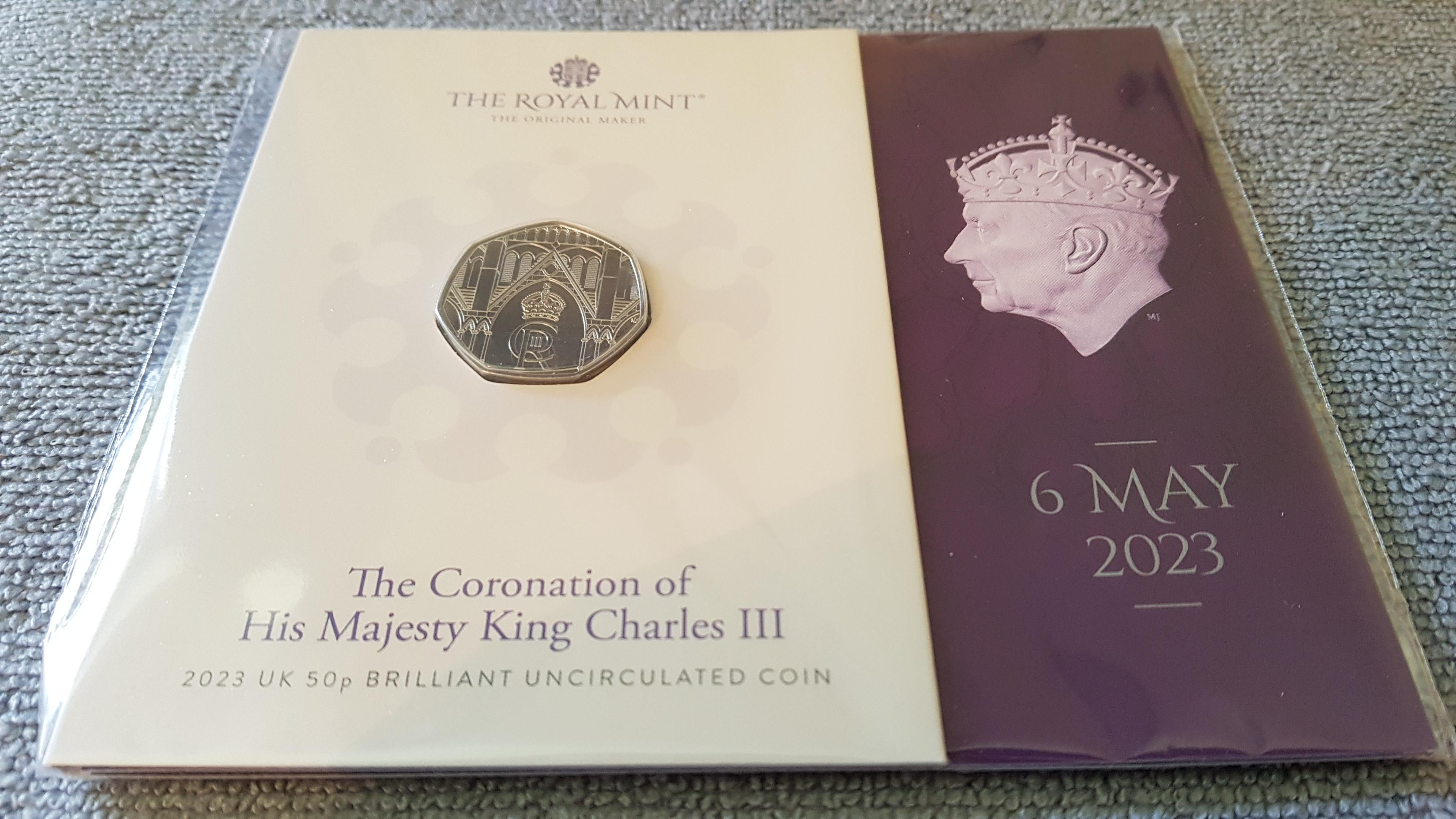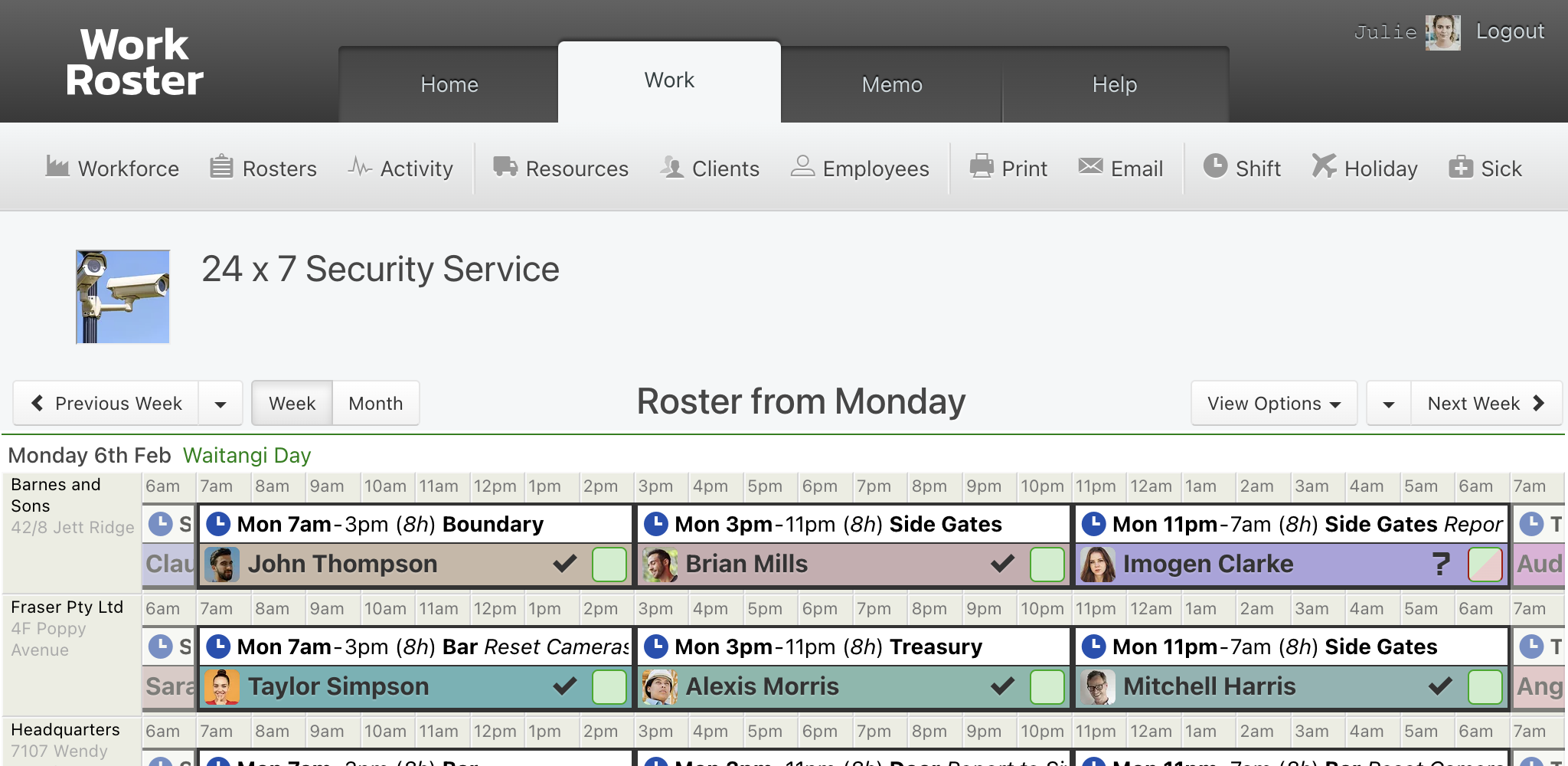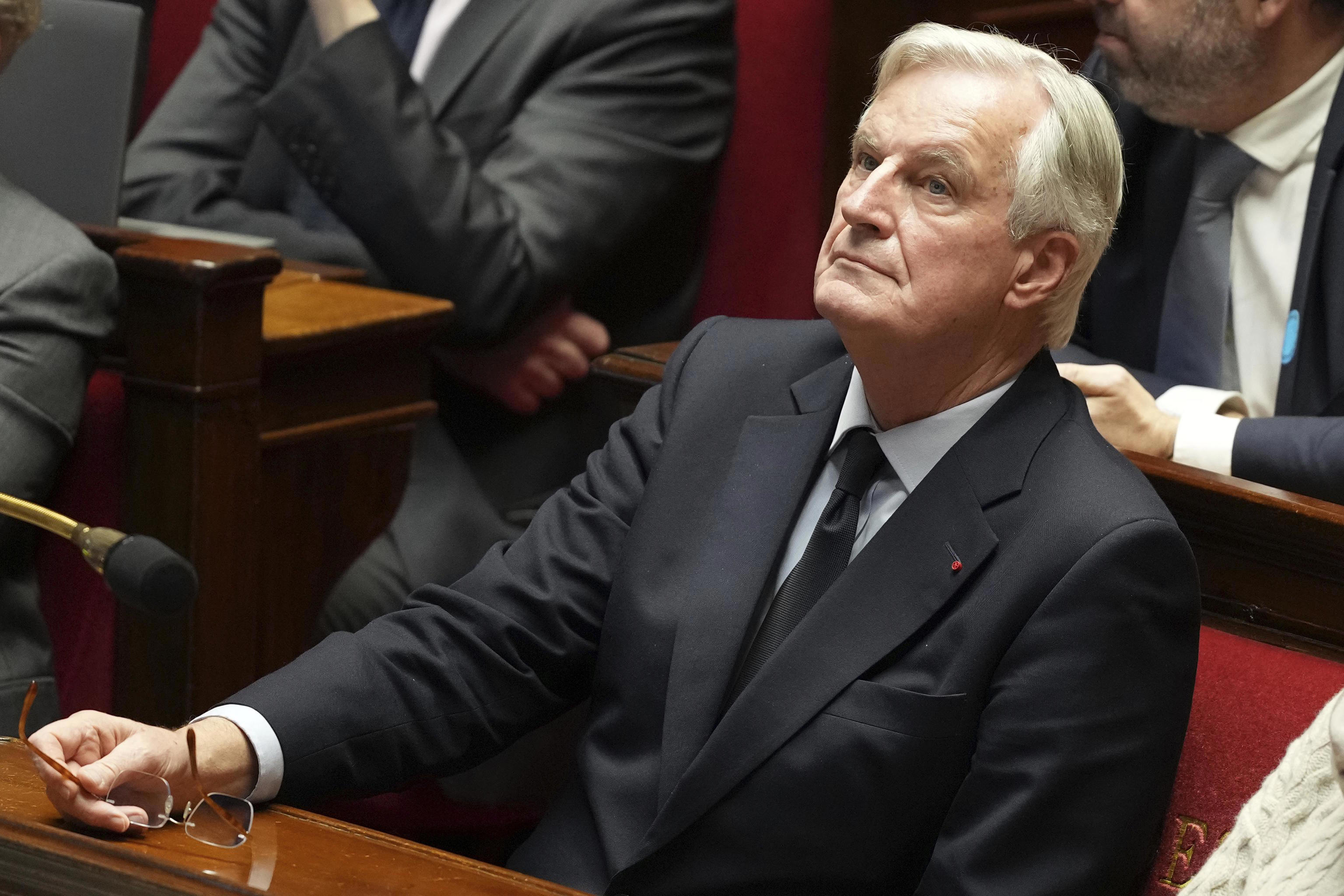The UK's Economic Future: King Charles III And The Government's Strategy

Table of Contents
King Charles III's Influence on the UK Economy
The monarchy's economic impact is often underestimated. While not directly involved in fiscal policy, the Royal Family exerts significant influence through several avenues.
The Royal Family's Economic Impact:
- Tourism Revenue: Royal residences like Buckingham Palace, Windsor Castle, and Balmoral Castle attract millions of tourists annually, generating substantial revenue for the UK economy through tourism spending, hospitality, and related industries.
- Brand Value: The Royal Family's global brand significantly boosts UK exports and enhances the country's international image, attracting foreign investment and fostering trade relationships. The "Royal Warrant" granted to businesses carries significant commercial weight.
- Charitable Donations and Initiatives: The Royal Family's extensive charitable work contributes to the social fabric and indirectly stimulates economic activity through job creation and community development initiatives. This includes patronages supporting various sectors.
However, the King's focus on sustainability and social responsibility, while laudable, could present both opportunities and challenges. Increased investment in green technologies, for example, could create jobs and attract foreign investment, yet may also require significant upfront costs and restructuring of existing industries. His public pronouncements on environmental issues could influence consumer behavior and corporate social responsibility strategies, potentially impacting specific sectors.
The King's Role in Shaping National Narrative:
King Charles's public appearances, speeches, and patronage of specific causes contribute to the national mood and public confidence. His emphasis on particular sectors, like sustainable development, can influence investment decisions and shape consumer behavior.
- Positive Investor Sentiment: A positive national narrative, fostered by a respected and influential monarch, can positively impact investor confidence, encouraging both domestic and international investment.
- Public Spending Habits: Conversely, public pronouncements can also indirectly influence spending patterns. For example, an emphasis on ethical consumption might boost demand for sustainably produced goods.
The Government's Economic Strategy and its Challenges
The current government faces significant economic challenges, primarily the high inflation rate and the ongoing cost of living crisis. Its economic strategy aims to navigate these challenges and pave the way for sustainable long-term growth.
Addressing Inflation and the Cost of Living Crisis:
- Monetary Policy: The Bank of England's strategy involves increasing interest rates to curb inflation, although this carries the risk of slowing economic growth and potentially increasing unemployment.
- Fiscal Policy: Government spending plans, tax policies, and social welfare programs are designed to alleviate the cost of living crisis and support vulnerable populations. The balance between fiscal stimulus and fiscal restraint is a key challenge.
These strategies' effectiveness is a matter of ongoing debate, with economists holding differing opinions on their impact and potential unintended consequences.
Brexit's Ongoing Impact:
Brexit continues to impact the UK economy, posing both opportunities and obstacles.
- Trade Deals: New trade agreements with countries outside the EU are vital for maintaining access to global markets. However, negotiations and implementation can be time-consuming and complex.
- Labor Markets: Brexit has created labor shortages in some sectors, requiring the government to implement strategies to attract and retain skilled workers.
- Regulatory Changes: Adjusting to new regulations and trade rules requires significant adaptation from businesses, particularly those heavily involved in EU trade.
Investing in Green Technologies and Sustainable Growth:
The UK government has pledged significant investment in green technologies and sustainable infrastructure as part of its commitment to reaching net-zero emissions targets.
- Renewable Energy Projects: Investments in renewable energy sources like wind, solar, and tidal power are expected to create jobs and reduce the country's reliance on fossil fuels.
- Green Jobs Initiative: Programs aimed at upskilling and reskilling the workforce to meet the demands of a green economy are crucial for successful transition.
- Sustainable Infrastructure: Investment in sustainable transport, energy-efficient buildings, and green infrastructure aims to modernize the country’s infrastructure while promoting environmental sustainability.
Potential Future Economic Scenarios for the UK
Predicting the future is inherently challenging, but considering optimistic and pessimistic scenarios helps to understand the range of possibilities.
Optimistic Scenarios:
- Technological Innovation: Breakthroughs in areas like artificial intelligence, biotechnology, and green technologies could drive economic growth and create high-value jobs.
- Increased International Trade: Successful negotiation of new trade deals and strengthening existing relationships could enhance access to global markets and boost exports.
- Effective Government Policies: Well-designed and implemented government policies could effectively address inflation, unemployment, and promote sustainable growth.
Pessimistic Scenarios:
- Prolonged Inflation: Persistent high inflation could erode purchasing power, stifle investment, and lead to economic stagnation.
- Global Economic Slowdown: A global recession could severely impact the UK economy through reduced exports, decreased investment, and increased unemployment.
- Geopolitical Instability: Global conflicts and geopolitical tensions could disrupt supply chains, increase energy prices, and negatively impact investor confidence.
Conclusion:
The UK's economic future hinges on a complex interplay between the government's policies, the evolving global economic landscape, and even the influence of the monarchy. While King Charles III's role is largely symbolic, his actions and pronouncements can shape national narratives and potentially influence economic outcomes. The challenges are considerable, including high inflation, the ongoing consequences of Brexit, and global uncertainties. However, opportunities exist through technological innovation, strategic investment in green technologies, and the potential for new trade agreements. Understanding the UK's economic future requires continuous monitoring of government initiatives and global trends. Stay informed and contribute to the debate surrounding the UK's economic future.

Featured Posts
-
 New York Rangers A Changing Of The Guard Roster Moves Begin
May 29, 2025
New York Rangers A Changing Of The Guard Roster Moves Begin
May 29, 2025 -
 France Election Le Pen Condemns Rally Ban As Political Oppression
May 29, 2025
France Election Le Pen Condemns Rally Ban As Political Oppression
May 29, 2025 -
 Starboard Group Expands Tui Cruises Partnership Retail Launch On Mein Schiff Relax
May 29, 2025
Starboard Group Expands Tui Cruises Partnership Retail Launch On Mein Schiff Relax
May 29, 2025 -
 Will Kylian Mbappe Win Everything With Real Madrid
May 29, 2025
Will Kylian Mbappe Win Everything With Real Madrid
May 29, 2025 -
 Blue Origin Postpones Launch Vehicle Subsystem Malfunction
May 29, 2025
Blue Origin Postpones Launch Vehicle Subsystem Malfunction
May 29, 2025
